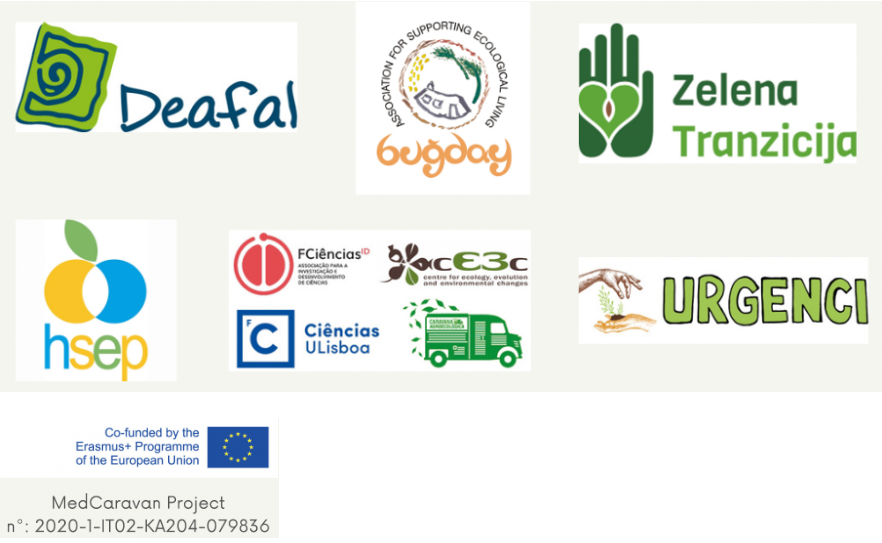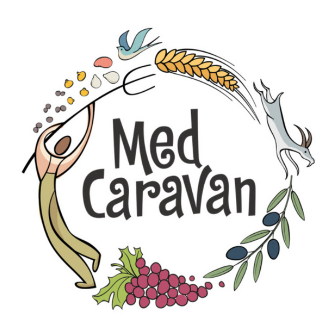The Mediterranean Caravan visits Demijan’s regenerative garden
Our seventh episode of the Mediterranean Caravan Podcast is now live on Anchor and Spotify. Join us as we visit the regenerative garden of Demijan!
Last Spring, the Mediterranean Caravan was lucky to travel through a training in Belgrade, Serbia for Agroecology knowledge collectors. During the trip, URGENCI teamed up with Denis Carel, a shepherd from the southern France, and François Guiton, a long-time member of the French AMAP movement (MIRAMAP). On the way, the team breathed life into the Mediterranean Caravan of Agroecology by identifying groundbreaking agroecological initiatives.
After the exciting visit in the heart of Serbia’s countryside to Mirko and Sara’s cheesemaking farm, URGENCI’s team hit the road again and returned to Belgrade’s metropolitan area. They met with a regenerative gardener, Demijan Lukic-Hanomihl, in a small city 45 minutes north of Belgrade. This astonishing place felt like an oasis in its peri-urban surroundings: from the moment they stepped into the inner yard, they were absorbed into Demijan’s alternative and peaceful vision of agroecology.
Testing agroecological practices
Demijan tests regenerative and agroecological practices in his demonstration garden before sharing them with visitors during 1-hour or 1-day long workshops. He has a day job and wishes he’ll be able soon to dedicate his whole time to his passion, while still being able to make a living.
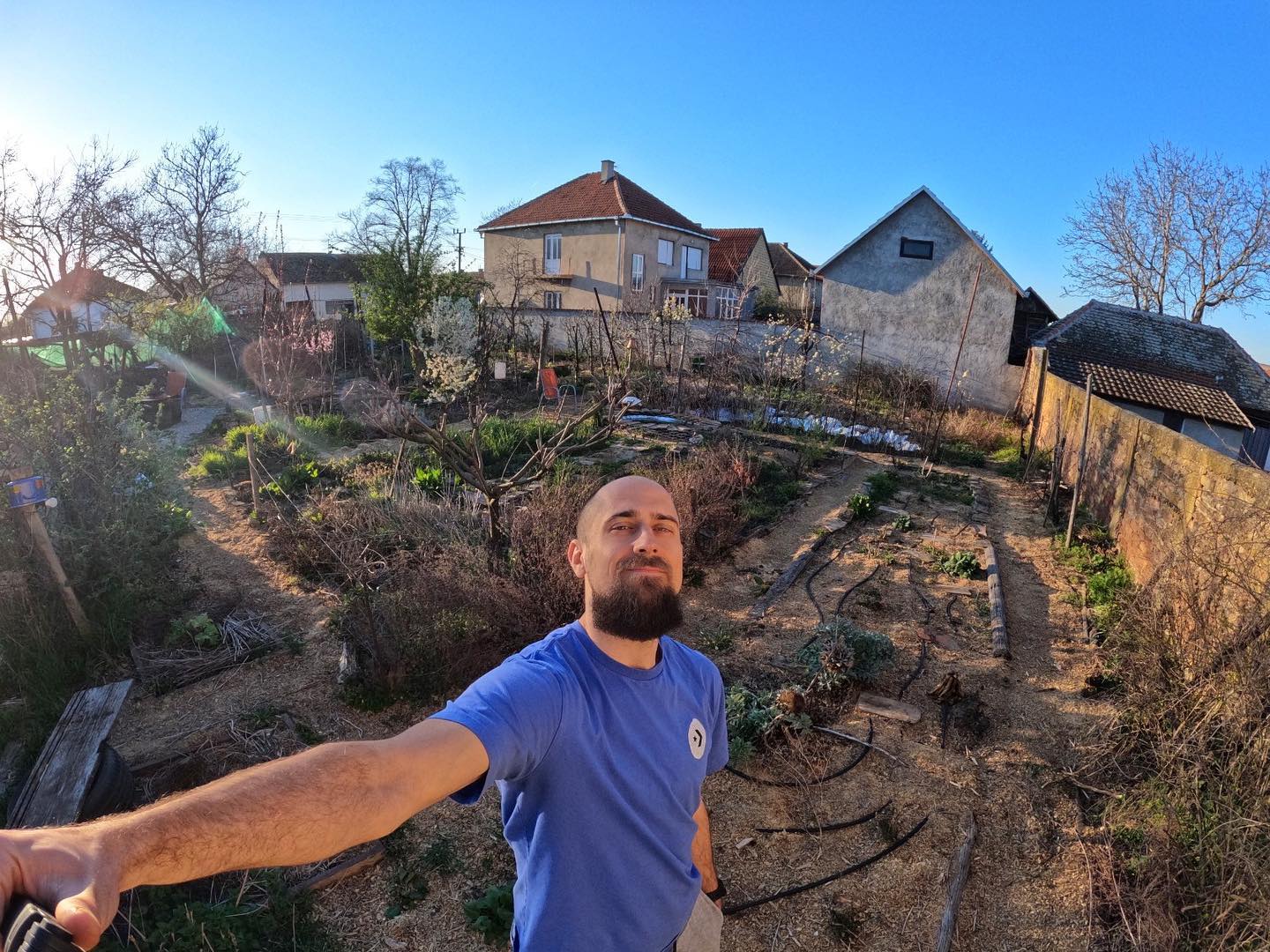
Photograph by Demijan
Creating an ecosystem
Systems and elements in Demijan’s garden complement each other and work in synergy to create a healthy eco-system. For example chicken have multiple roles to play, not just they produce eggs, but they also turn the compost pile speeding its decomposition, while rotating between three different grazing areas in order to clear the weeds and leftover crops (rotation allows for the soil to regenerate).
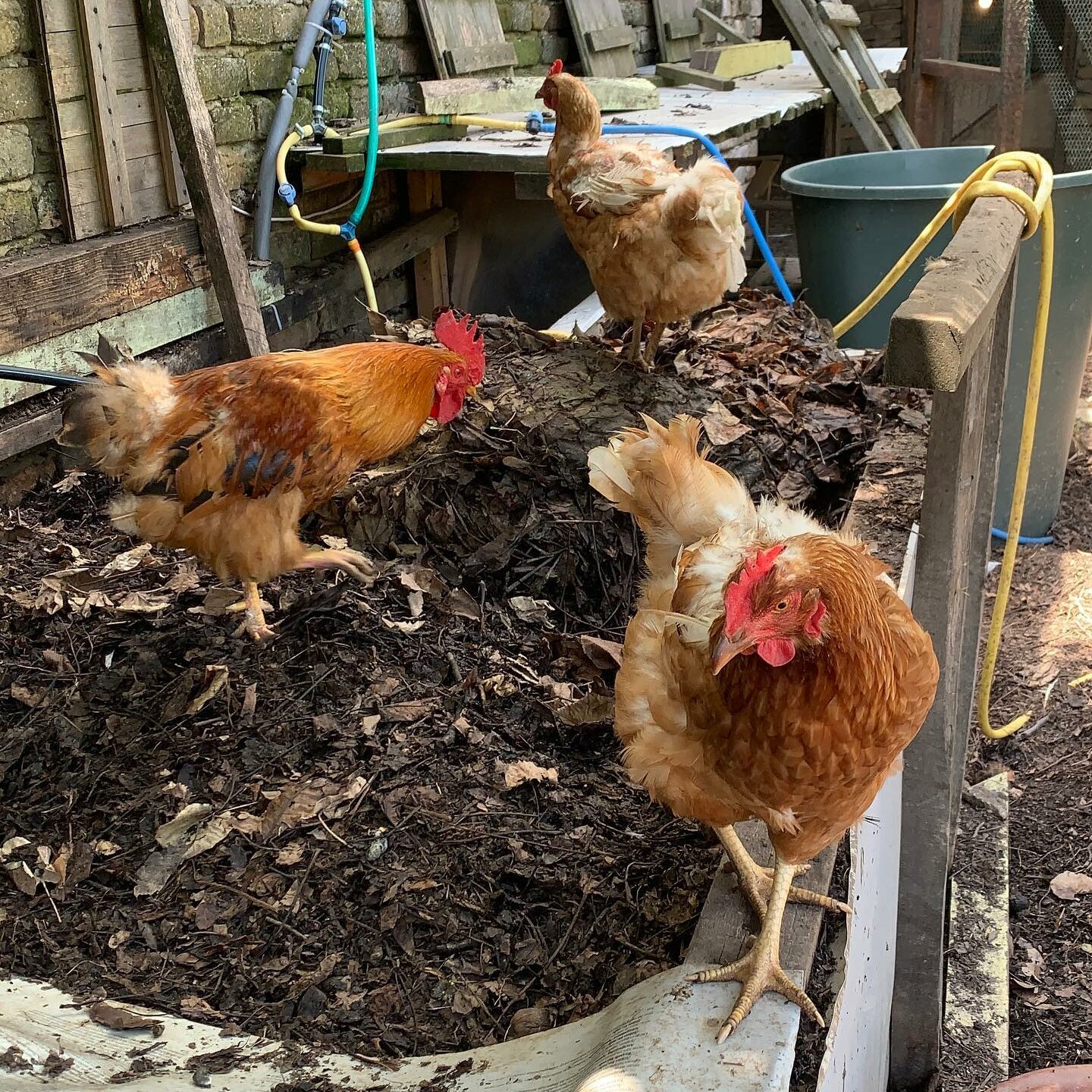
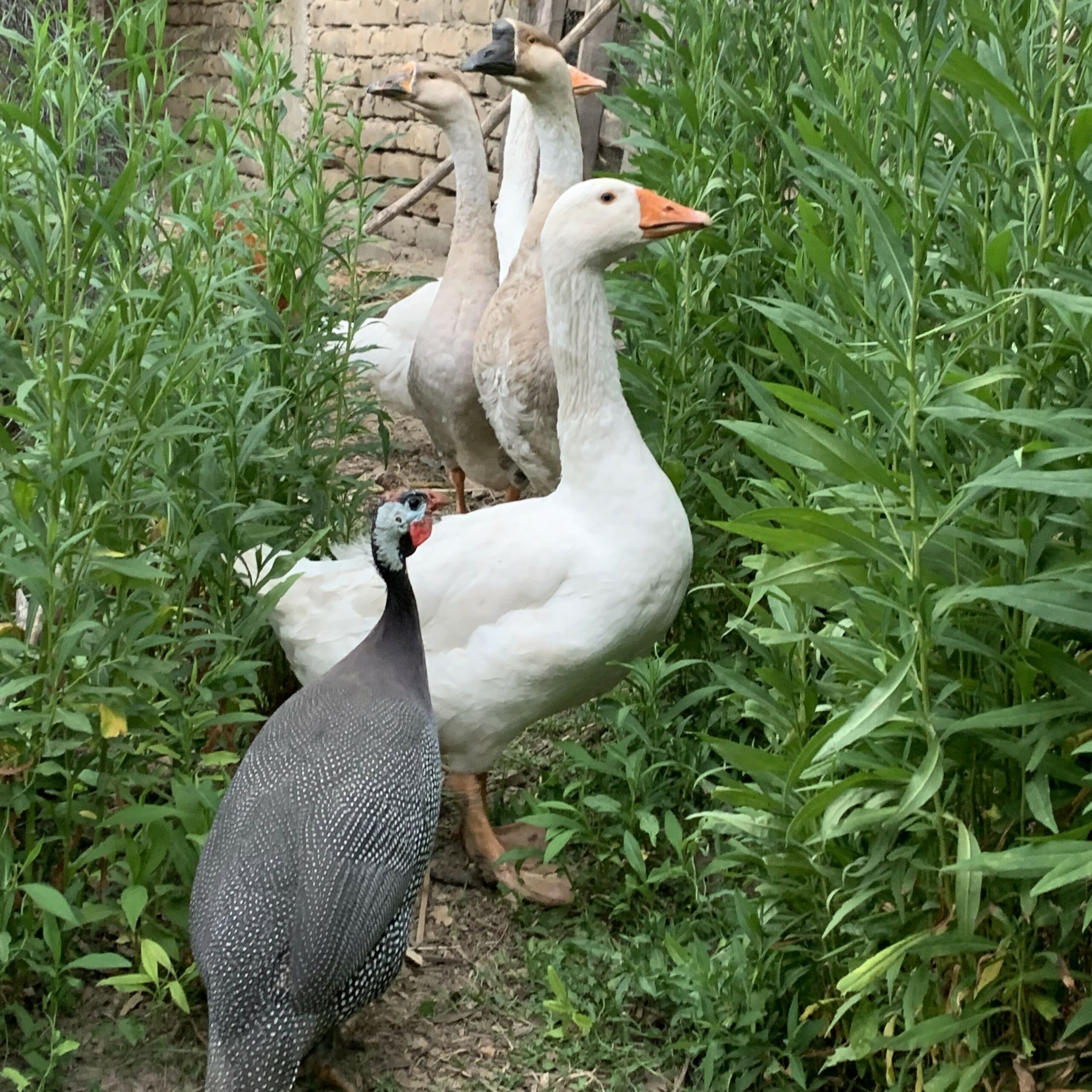
Photographs by Demijan
Polyculture in no-dig beds
In order to protect the soil Demijan opted for no dig vegetable beds, where native perennial vegetables like chickweed fill the hungry gaps during the seasons, and are then inter-planted with annual crops. There is always something to nibble on!
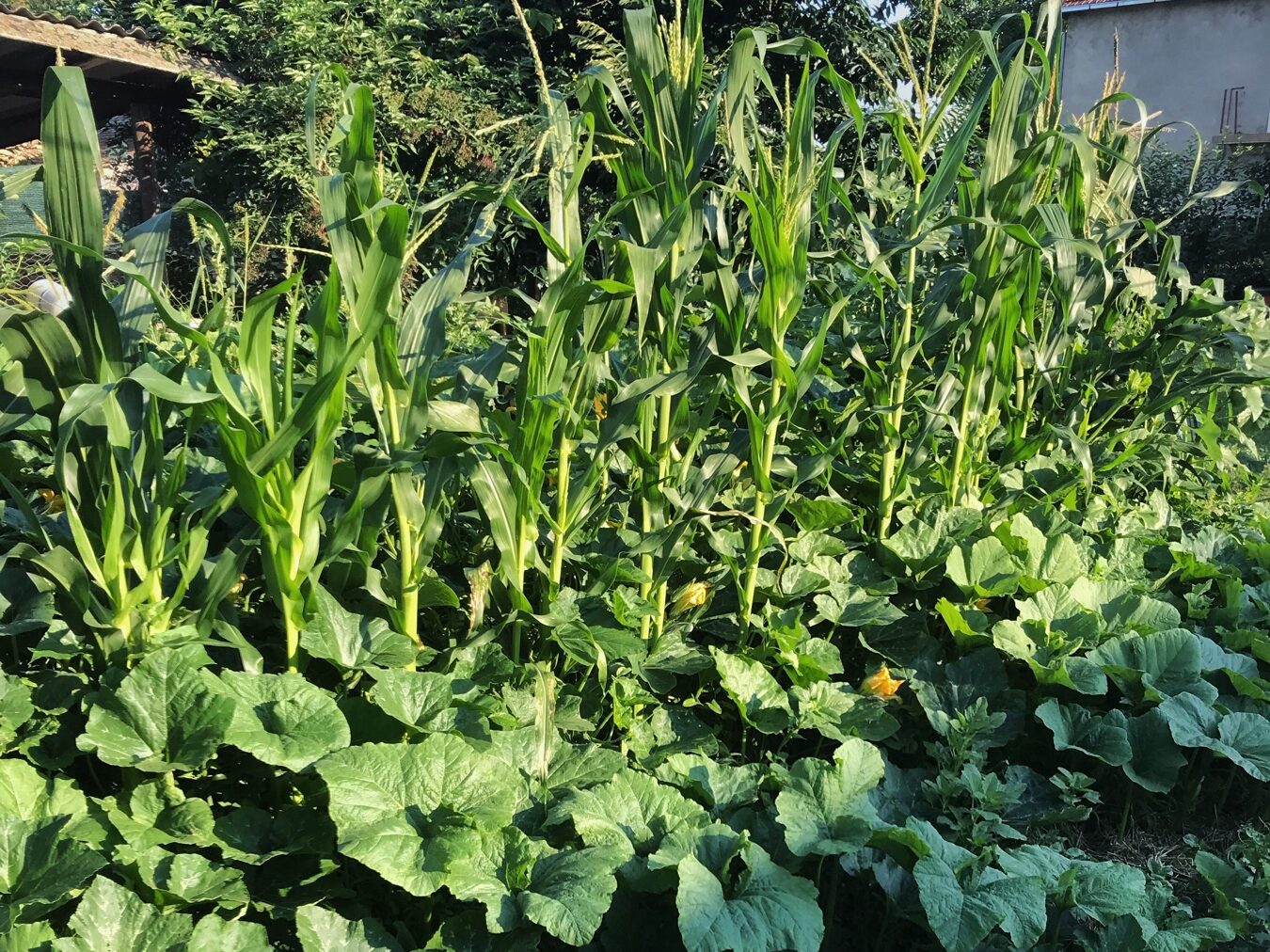
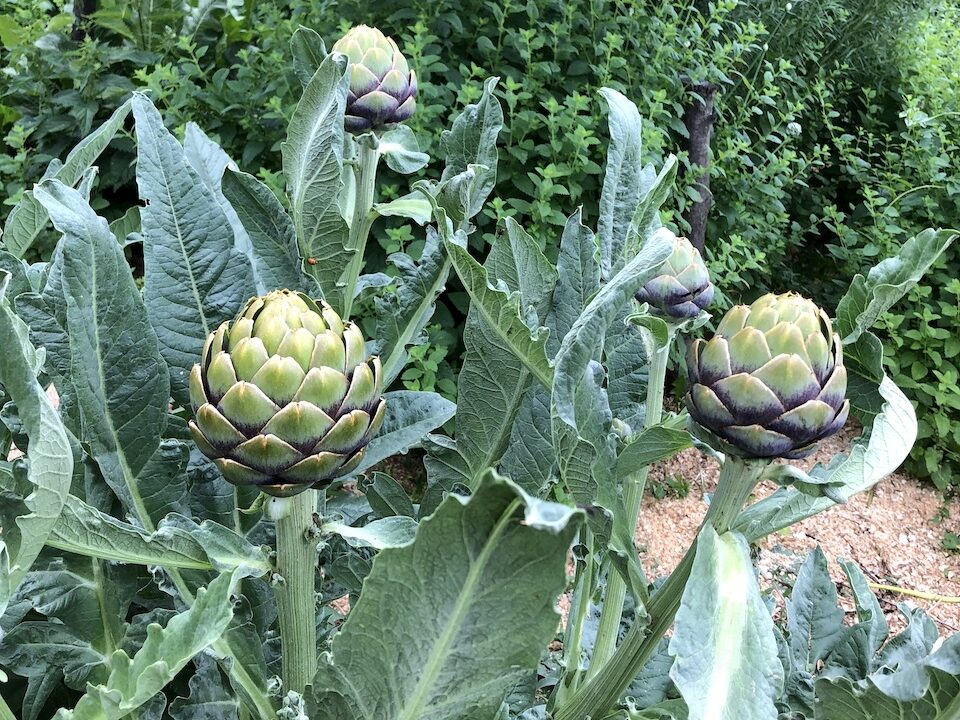
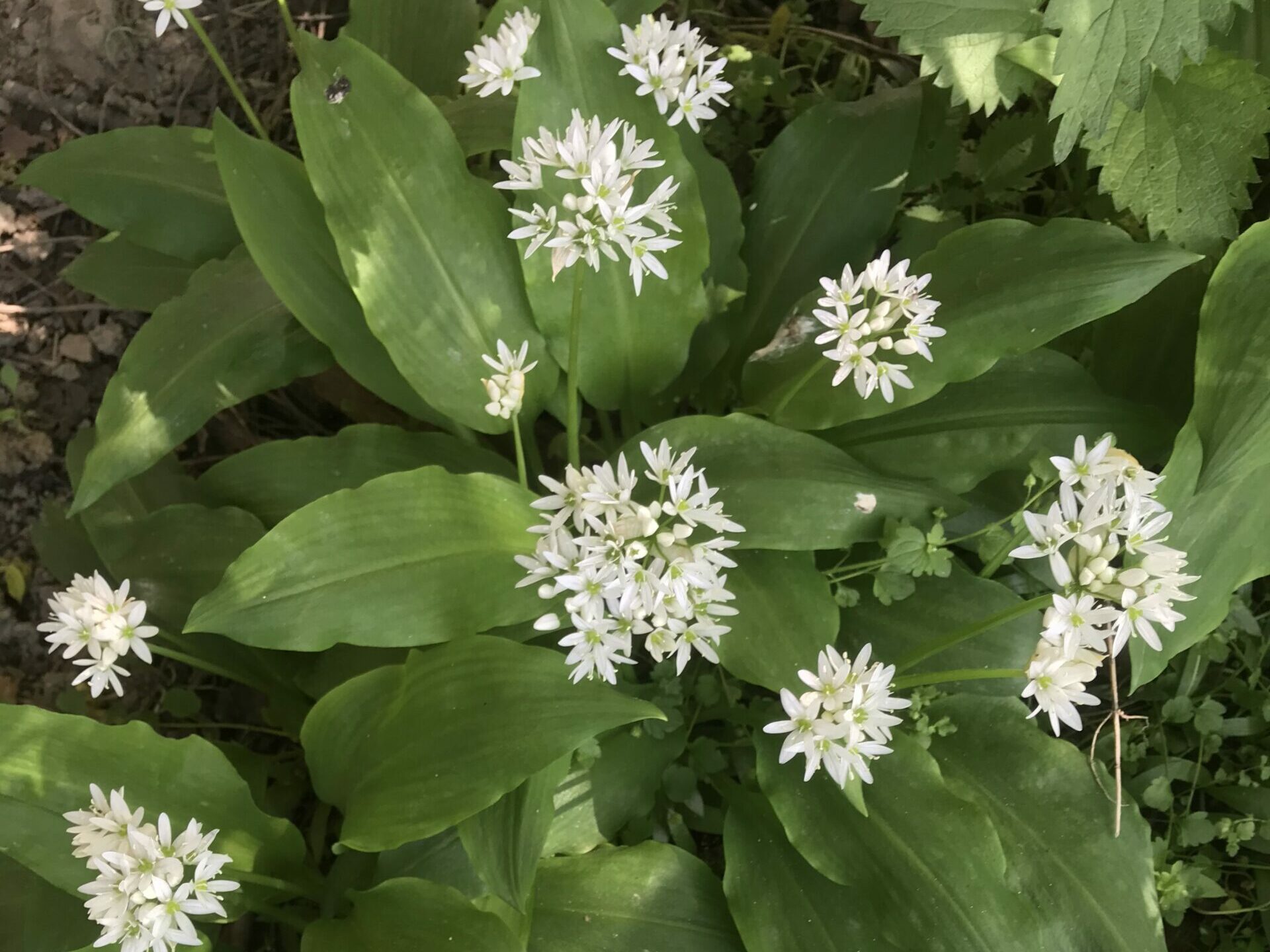
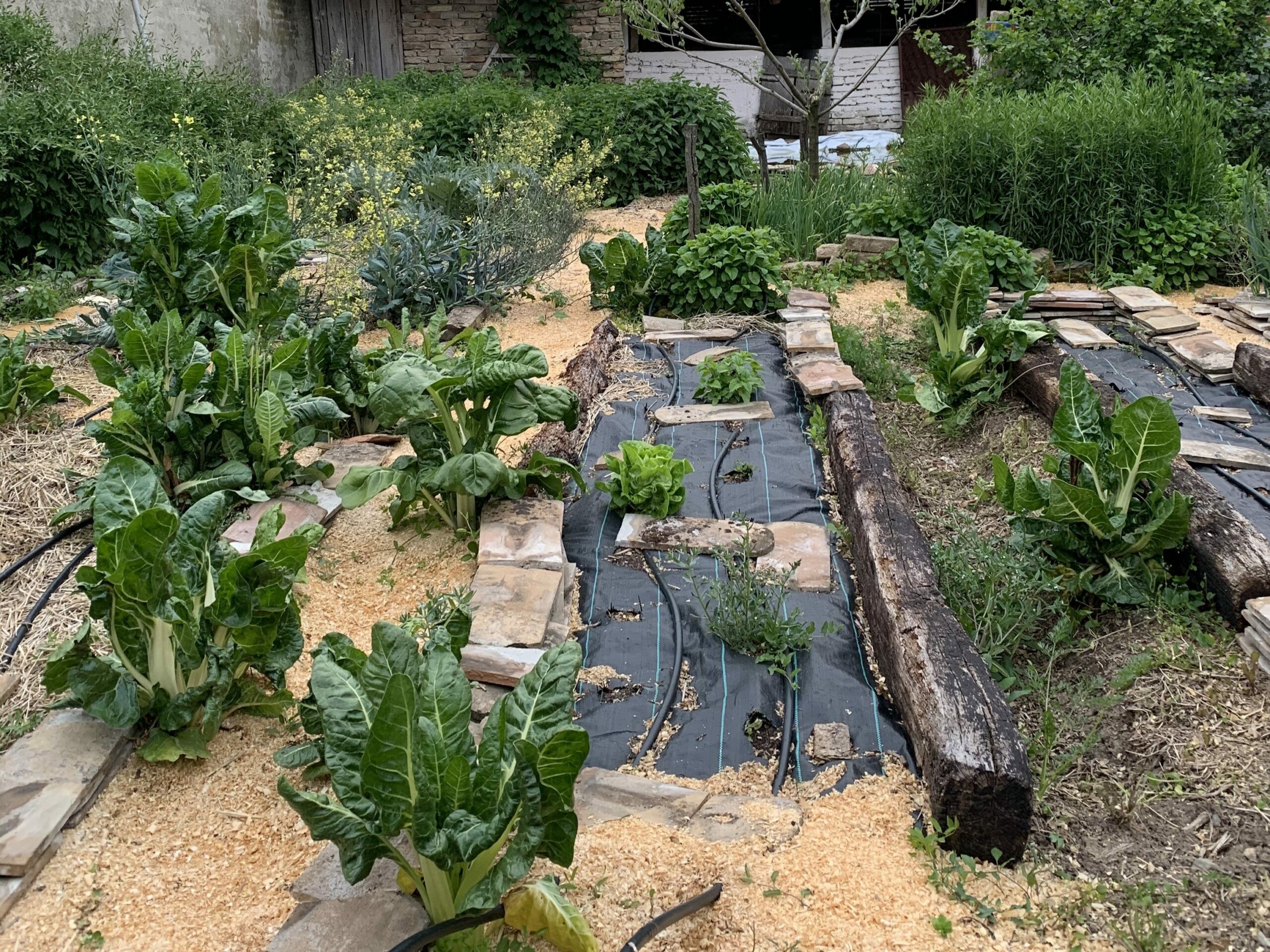
Photographs by Demijan
A haven for wildlife
What was 6 years ago barren land is now a haven for wildlife. Integrating small ponds and lakes not just attracts dragon flies and amphibians such as newts, but these creatures are also great conversation starters, especially for the visiting kids who enjoy observing their cycle. The pond’s ecosystem helps to keep mosquitoes in check.
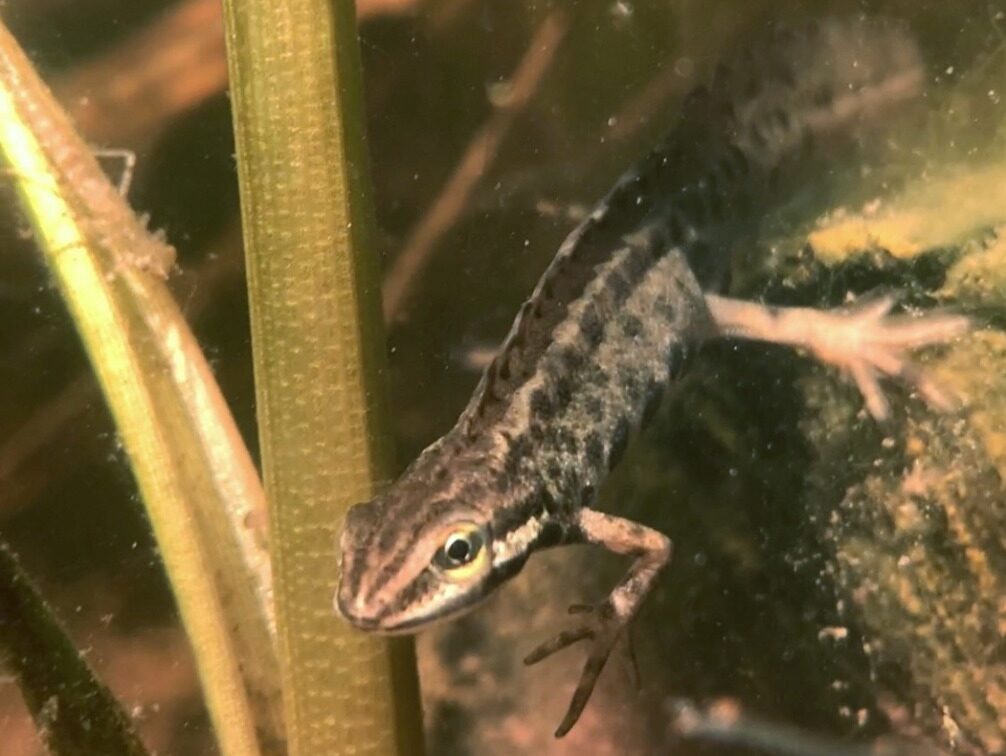
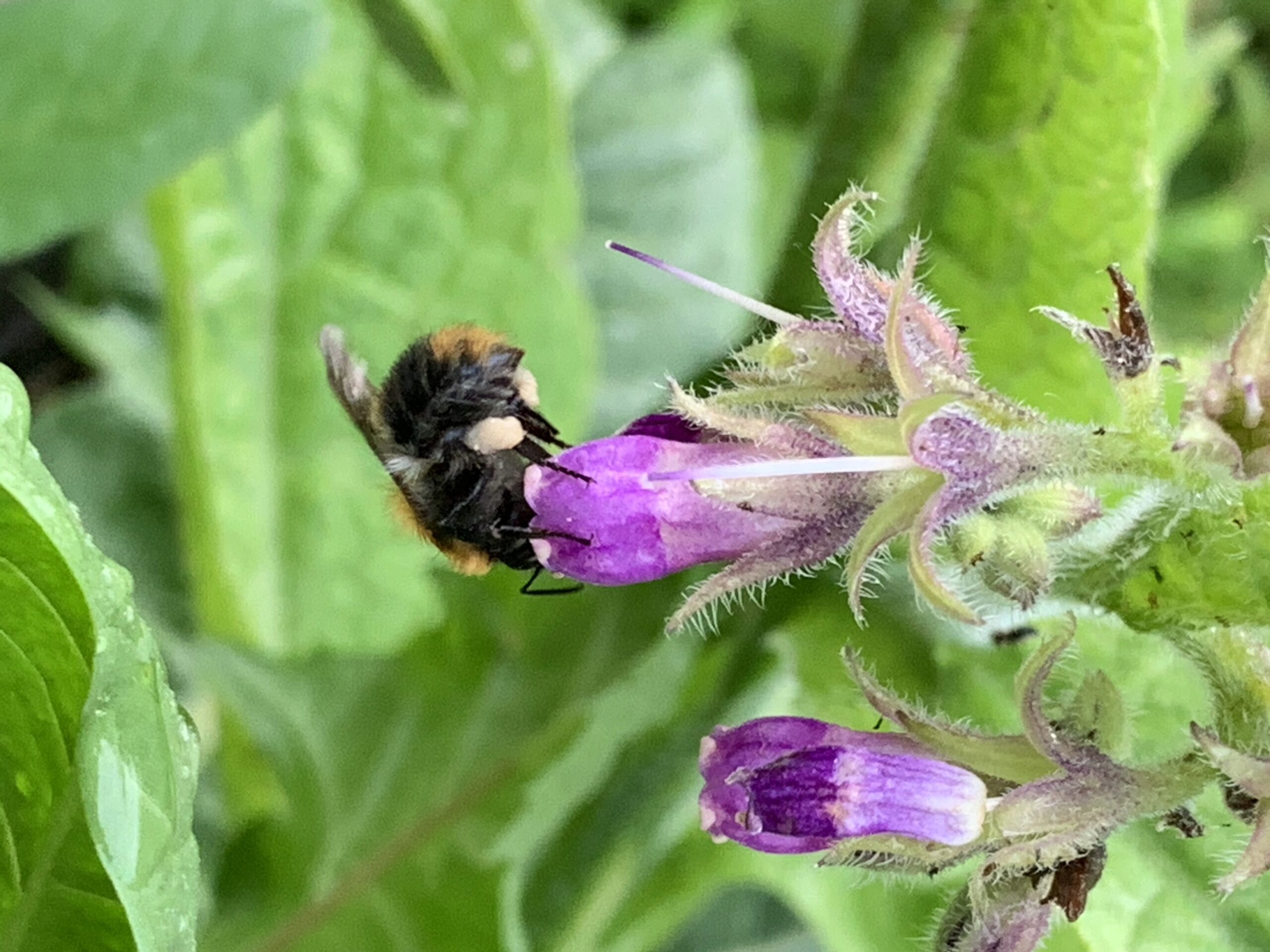
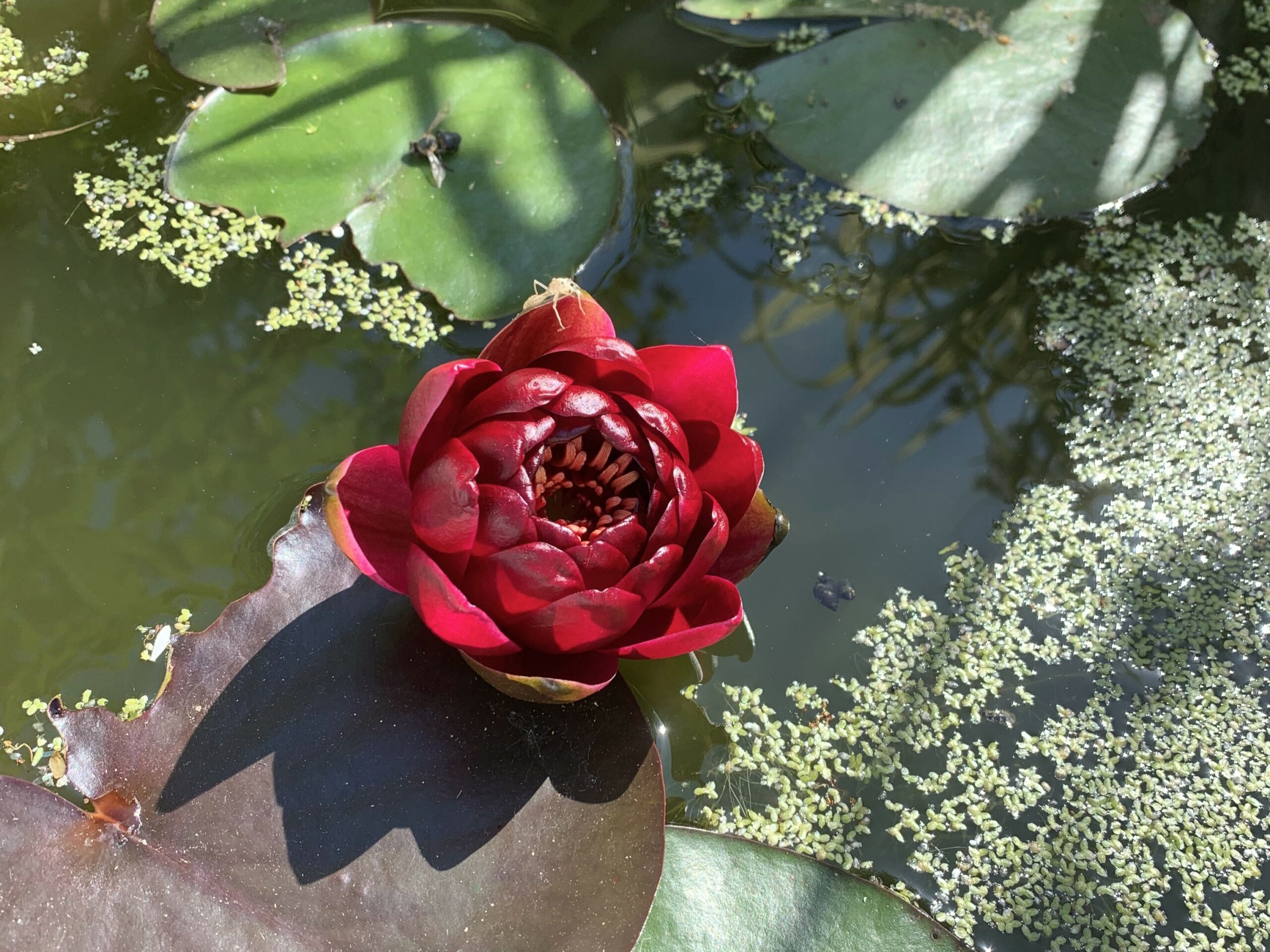
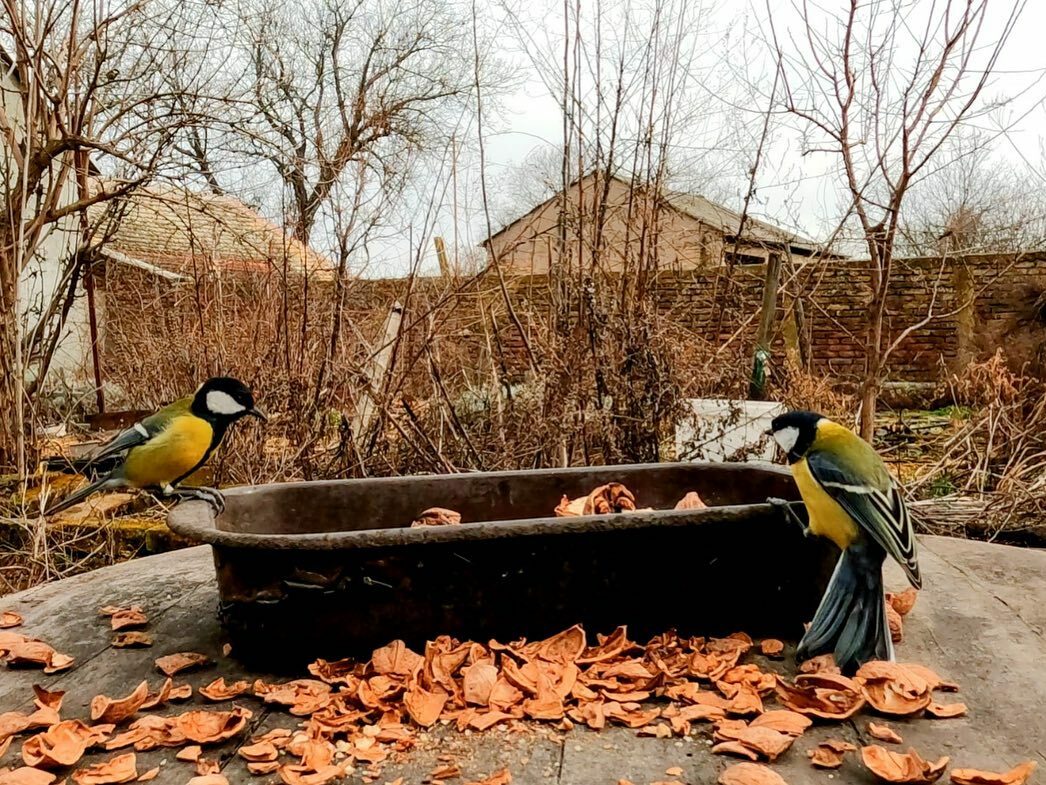
Photographs by Demijan
Focus on native species
As a response to the huge surrounding deforestation and difficulty in sourcing native species, Demijan established many nurseries for native tree species, in order to help propagate native trees and reforest the area around, while raising awareness.
Demijan is a passionate gardener who is eager to exchange with other likeminded people.
Contact: To connect with Demijan:
https://www.facebook.com/ourlittlekingdomrs
https://www.instagram.com/our_little_kingdom/
